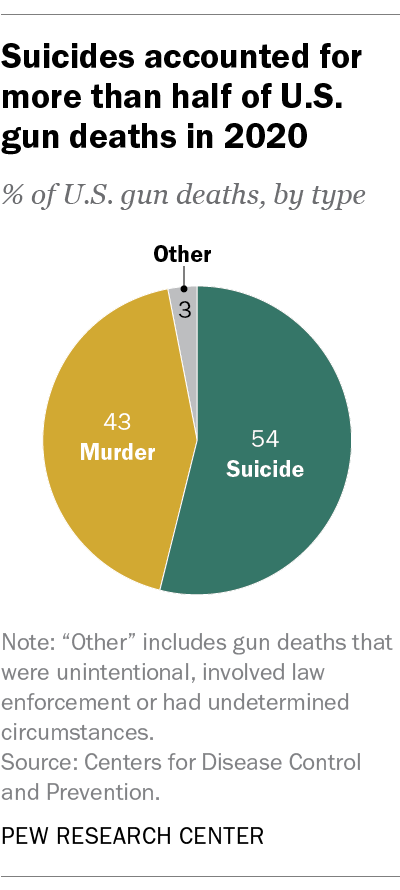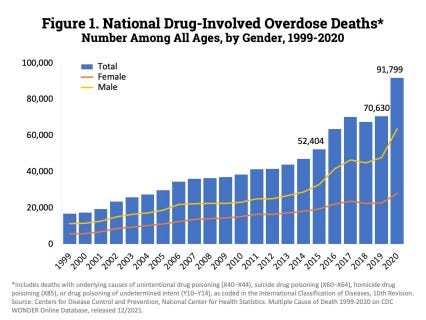No glory in death
It’s better to reflect upon the good, the life-giving, the charitable, the beautiful. All our choices have consequences and no death in itself is glorious.
My step-father rarely spoke about his service in World War II. He was a young Navy Ensign serving on an aircraft carrier—the Belleau Wood, a converted cruiser. He was the morale officer, meaning he arranged the pickup basketball games held in the hangar. The visible signs of war adorned his chest in the form of a shrapnel wound. There was some brief mention of friends who didn’t make it, and presumably he witnessed their deaths. There was no glory in seeing another man die at the hands of the enemy.

Today, young Ukrainians and young Russians are dying in the Donbas. Those who fight on see no glory in their deaths. We’d all rather they be alive to see their mothers again. I’ve heard from combat medics and civilian paramedics that the most common plea among those very close to death by trauma is for their mothers. No mother sees glory in the death of her child.
The mother of the Uvalde killer said of her son, he was “not a monster.” Perhaps in his less rage-filled moments, any mother can love a rebellious and sullen boy. But for a few hours last week, he was a monster, wholly consumed in a suicidal spree of unrestrained evil. Surely, he knew that the only result of his actions was his own violent death. He joins many other spree killers who die by their own hand, or commit to a “suicide by cop” action. It’s less likely that such a killer will be apprehended alive. Nobody goes out in a “blaze of glory.”
Even were the police in Uvalde more committed to saving innocent lives than their own, and one or more died in the line of duty, there would be no glory in their deaths. As David French noted, part of the creed of wearing the uniform is that you might have to die doing the right thing.
The question for society is what should we do to reduce the number of inglorious deaths? A Pew Research study shows that 54 percent of gun deaths (totaling 45,222 in 2020) in America are by suicide. Out of all suicides (45,979 in 2020 from the CDC), 24,292 were by firearms, which is 52 percent. The total number of suicides and gun deaths are nearly equal, but just over half of each overlap by category.
Removing all guns from our society will reduce the number of inglorious deaths by about 4 percent of the total number we lost to COVID-19. In 2020, the number of deaths from drug overdose was close to 92,000, according to the National Institute on Drug Abuse, which is part of the NIH. Despite our sustained “war on drugs,” the number continues to rise, an explosion fed by the isolation imposed by COVID-19.
There are more twice as many deaths by drug overdose than there are by firearm, including suicide. There is plenty of overlap in the drug-user, drug-sales, and death by firearm categories. Even suicides, which happen when the addiction cannot be overcome.
We must consider the cost of going to war against any of these monsters. The cost of attempting to remove all private guns—even if it were politically possible to repeal the Second Amendment—would be paid in blood. Yes, we need Red Flag laws, and we need legislatures and governors willing to pass and sign them. In 2020, New Hampshire Gov. Chris Sununu vetoed a Red Flag law that his own legislature passed.
Democrats had passed House Bill 687, creating the red flag law, as a means to reduce suicide rates. The bill would allow family members or loved ones to petition a court to write an order requiring that a person surrender their firearms temporarily if found to be a risk to themselves or others. After the initial confiscation, the gun owner would have an opportunity to fight the action in court.
A law like this would certainly save lives. There is no glory in “liberty” when that means a young man (it’s overwhelmingly men) uses a gun to end his own life because of drug addiction or mental breakdown. There’s no glory when that young man decides to take another’s life before his own. There’s no glory when he brandishes a gun when a police officer orders him to drop it, and is then killed.
I agree with Jonah Goldberg that the law of large numbers confounds our ability to identify spree killers by category. Far more loners and bullied kids turn out not to be killers than ones who do. But we do know that kids who are raised in compromised environments, with promiscuous mothers, absent fathers, drug-addicted families, tend to make poor choices. It’s why stories like J.D. Vance’s are so compelling. We would not be surprised if Vance ended up in jail, or dead from violence or drugs. We are pleasantly uplifted when a man like that ends up a Marine veteran, and a Yale graduate.
We pick many politicians because of their “humble beginnings” but the same law of large numbers confounds us, that it’s far more likely that a man like Ben Carson, from a splintered family, raised in Detroit by a mother who once attempted suicide, would not end up a respected surgeon and head of HUD under Donald Trump. We are attracted to the overcomer (I don’t know how that explains Trump, honestly).
Our attraction to the overcomer, the one who makes it, tends to make us forget the ones who didn’t, except when those poor decisions, and the resulting deaths, because deaths always follow, touch our lives. Sometimes it’s not the fault of the person who fell to an inglorious end—drug addiction can be the result of legal prescriptions to treat surgical recovery or painful debilitating conditions. But still, we tend to take the gang member’s death less seriously than the victim of a spree shooting, and we tend to assign more value to the death of a soldier in battle than to the veteran who kills himself.
There is no glory in any of those deaths. Taking away the method of death does not remove the cause. Trying to identify the root causes of people who kill others or themselves is not a simple exercise, because we all live our lives uniquely and act on our own moral agency. To me, the surest stories of glory are not the ones ending in death, but the ones where a drug user finds Christ and supernatural change. That doesn’t always guarantee a perfect—or even a long—life, but it does guarantee a glory beyond that life if faith is continued.
There is really only one glory, and it’s not in death, but in the everlasting. There is really no hope of removing the means or cause of evil in this world. If we remove private gun ownership, we are giving a monopoly on it to the government. Who’s to say our government wouldn’t be corrupted? The entirety of world history would have to be overthrown for this not to occur. Our founding fathers were well aware of that fact 230 years ago, and therefore chose to side with inglorious deaths due to random evil and poor choices than systematic tyranny and its attendant death due to war and oppression. Even with our best efforts, the U.S. government has committed many atrocities.
Who would die for another, even a good person? Even so, there is no glory in death, even in Christ’s. The Christian’s hope rests on the resurrection, not the sacrifice.
It’s better to reflect upon the good, the life-giving, the charitable, the beautiful, and understand that all of our lives, and our society, involve choices between two poles of action. Both have their own risks of death, and in those deaths, there is no glory. I pray that the hope of an everlasting peace in Christ will be the answer for more of us. That is truly the only hope we have.
Thank you for reading! Even more, thank you for being a subscriber. We at The Racket News appreciate our subscribers and we value everyone who enjoys reading what we really enjoy writing.
If you haven’t subscribed to the Racket yet, click the button below.
You can also find us on Twitter and Facebook. Join the discussion online with our Racketeers Facebook group.
The Racketeers are Jay, Steve, and David. Click each name to contact us on Twitter! We are adding writers and contributors. If you’re interested, contact us.
As always, we appreciate shares. If you see something here that you like, please send it to your friends and tell them that all the cool kids read the Racket!







Ben Carson is a special case. He is smart and personable. He has qualities that cannot be attributed only to his mother's influence and perseverance. Some people are just born with it. A recently deceased friend made it big in three endeavors. He was a successful engineer, a successful dentist and a successful avionics builder and seller. The latter was probably possible because of his engineering background and because he was self-employed in a dental practice. Entrepreneurs are special.